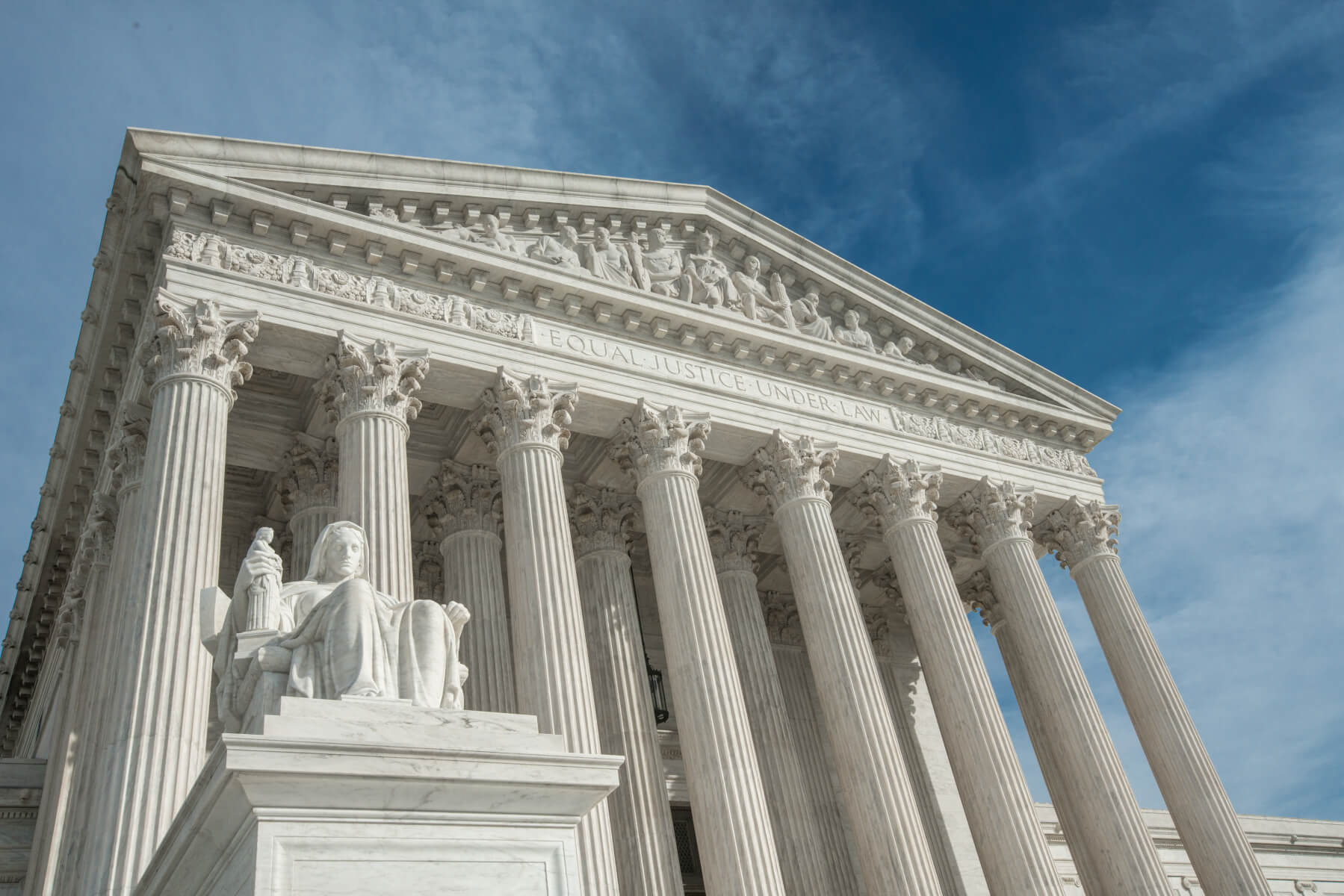A Reflection on the Kavanaugh Hearings
 It’s been two months since Brett Kavanaugh was confirmed as a Justice of the Supreme Court. His confirmation followed a bitter fight over a position that is no stranger to bitter fights. Now that we have some distance, it’s a good time to consider fully and fairly what this ordeal meant, and how we can do better.
It’s been two months since Brett Kavanaugh was confirmed as a Justice of the Supreme Court. His confirmation followed a bitter fight over a position that is no stranger to bitter fights. Now that we have some distance, it’s a good time to consider fully and fairly what this ordeal meant, and how we can do better.
The Supreme Court is the final arbiter of the rule of law in this country, including disputes between the other two branches of government. It is no exaggeration to say that, at certain points in history, our future rests in the hands of the nine Justices serving lifetime appointments on the Court. Americans therefore have to trust that once appointed, Supreme Court Justices will serve the interest of the nation rather than the person (or political party) who appointed them.
We must have trust in their characters, too. Applying for such a powerful position means agreeing to the most thorough of reviews, one that scrutinizes your entire lifetime in painful detail. From career paths to high school parties, it’s all relevant and it’s all on the table.
But an ugly, partisan, televised spectacle does not get us closer to the truth. Instead, it muddies the public’s understanding of the process, and it damages the reputation of the Court as well.
We had an opportunity to learn this lesson a generation ago, when President George H.W. Bush nominated Clarence Thomas to the Court in 1991. Thomas’ confirmation hearings consumed the media and America’s attention. The country watched as Anita Hill testified to the Senate Judiciary Committee that Thomas had sexually harassed her while they were both working at the Department of Education. Americans became almost instantly divided. Some saw Hill as an advocate for women in workplaces across the country, while others doubted her testimony and questioned her integrity. The Senate confirmed Thomas by a vote of 52–48.
Over twenty five years later later, President Donald Trump nominated Brett Kavanaugh to the Court, and the confirmation hearings again became a spectacle. In the months that followed, Christine Blasey-Ford would testify that Kavanaugh had sexually assaulted her in high school. Blasey-Ford appeared before the same committee as Anita Hill, before some of the very same senators. The media saturation was just as intense. The volume of the anger on both sides was just as high. And Kavanaugh was confirmed in a close vote of 50-48.
Supreme Court confirmation hearings weren’t always a three-ring circus. What can we do in advance of the next nomination to avoid an ugly partisan brawl that hurts a vital American institution? Anita Hill, now an expert on these matters, made three practical suggestions in an op-ed shortly before the Senate voted to confirm Kavanaugh:
- “Refrain from pitting the public interest in confronting sexual harassment against the need for a fair confirmation hearing.”
- “Select a neutral investigative body with experience in sexual misconduct cases that will investigate the incident in question and present its findings to the committee. Outcomes in such investigations are more reliable and less likely to be perceived as tainted by partisanship.”
- “Do not rush these hearings. Doing so would not only signal that sexual assault accusations are not important — hastily appraising this situation would very likely lead to facts being overlooked that are necessary for the Senate and the public to evaluate.”
Agreeing to a better process in advance of the next contentious hearing is critical, and Hill offers a good framework. The process could ensure that the public is kept informed at reasonable points throughout the process.
Above all else, it should ensure that the process itself — as well as the Senate and the Supreme Court — maintain their dignity. We cannot feel confident in the outcome unless we have confidence in the process.
# # #
This article originally appeared in the December 15, 2018 issue of Wide Angle, our regular newsletter designed, we hope, to inform rather than inflame. Each edition brings you original articles by Common Ground Solutions, a quiz, and a round-up of news items — from across the political spectrum — that we think are worth reading. We make a special effort to cover good work being done to bridge political divides, and to offer constructive information on ways our readers can engage in the political process and make a difference on issues that matter to them.
Sign up below to receive future issues.
